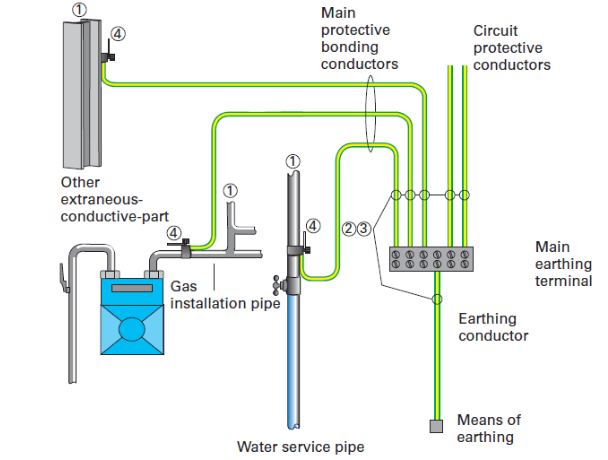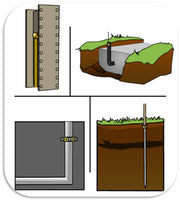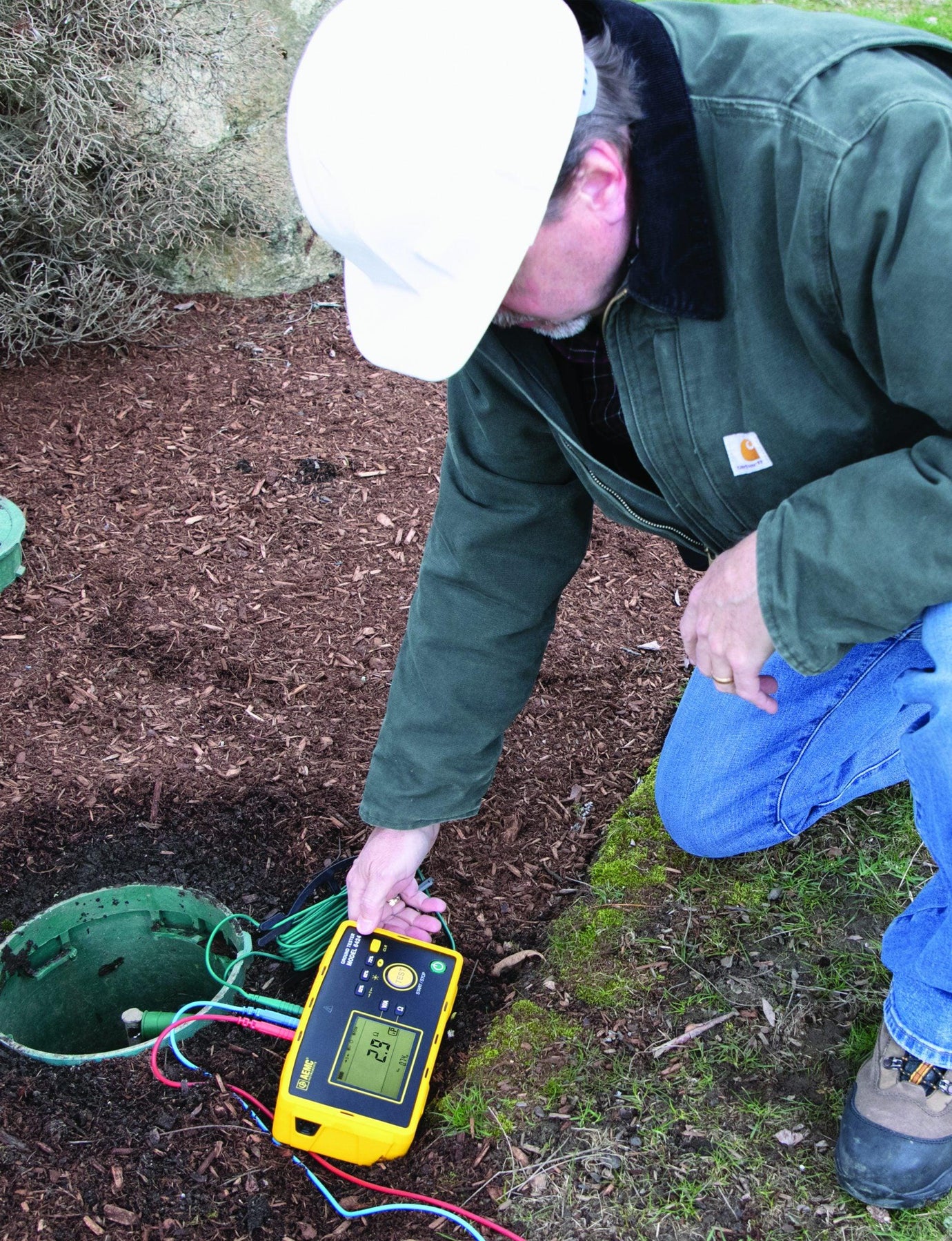Grasping the Basics of Bonding & Grounding: An Essential Guide
Understanding Grounding and Bonding
Before diving into the complexities, it's necessary to understand what these terms mean. Grounding involves creating a direct, safe path for electrical energy to the earth. It helps to stabilize voltage levels under normal conditions and carries away fault current in case of a short circuit or other malfunction. Bonding, on the other hand, refers to the practice of connecting different electrically conductive materials, ensuring they all have the same electrical potential, thereby preventing a harmful voltage difference from occurring.
The Components of Grounding Systems
A grounding system primarily consists of ground rods, grounding conductors, and grounding electrodes. Ground rods are metal rods driven into the ground, providing a physical connection to the earth. The grounding conductors connect the electrical system to these rods. The network of grounding conductors and ground rods, along with other interconnected metallic objects, form the grounding electrode system. This system provides a low resistance path for electrical energy to dissipate safely into the ground.
Home Grounding
Home grounding typically involves a network of grounding electrodes connected to various points such as the electrical service panel, cold water pipes, and structural steel. This network ensures all these components carry the same electrical charge and, in case of a fault, safely redirect the current into the earth.
Water Grounding
A significant part of home grounding is water grounding. Older homes often use metallic water pipes as a grounding electrode. This practice is risky as any repair or replacement in the water line can break the grounding connection, rendering the electrical system unsafe. Therefore, while water grounding still exists, it's not recommended unless supplemented by other grounding methods.
The Importance of Bonding and Grounding
Effective bonding and grounding are vital for several reasons. They prevent electrical shocks, protect appliances, and ensure the stable operation of circuit breakers and other safety devices. Moreover, they are a fundamental requirement of the National Electrical Code (NEC) and a prerequisite for the safe operation of electrical systems.
Tradeoffs and Challenges
Despite the critical importance of grounding and bonding, implementing these systems is not without its challenges. For instance, achieving the right balance between safety, cost, and adherence to electrical codes can be tricky. High-quality grounding and bonding equipment may come at a higher cost but offer greater safety and durability.
Moreover, the effectiveness of grounding systems can be influenced by factors like soil resistivity, moisture, and temperature — elements that require professional evaluation and consideration during installation.
In conclusion, understanding the basics of bonding and grounding is essential for anyone involved in the construction, maintenance, or inspection of electrical systems. Ensuring these processes are done correctly and efficiently can significantly enhance the safety and functionality of your home or business's electrical system.
While this guide provides a solid foundation, these practices should ideally be left to licensed professionals who possess the necessary knowledge, expertise, and tools to handle the complexities and ensure a safe electrical environment.











